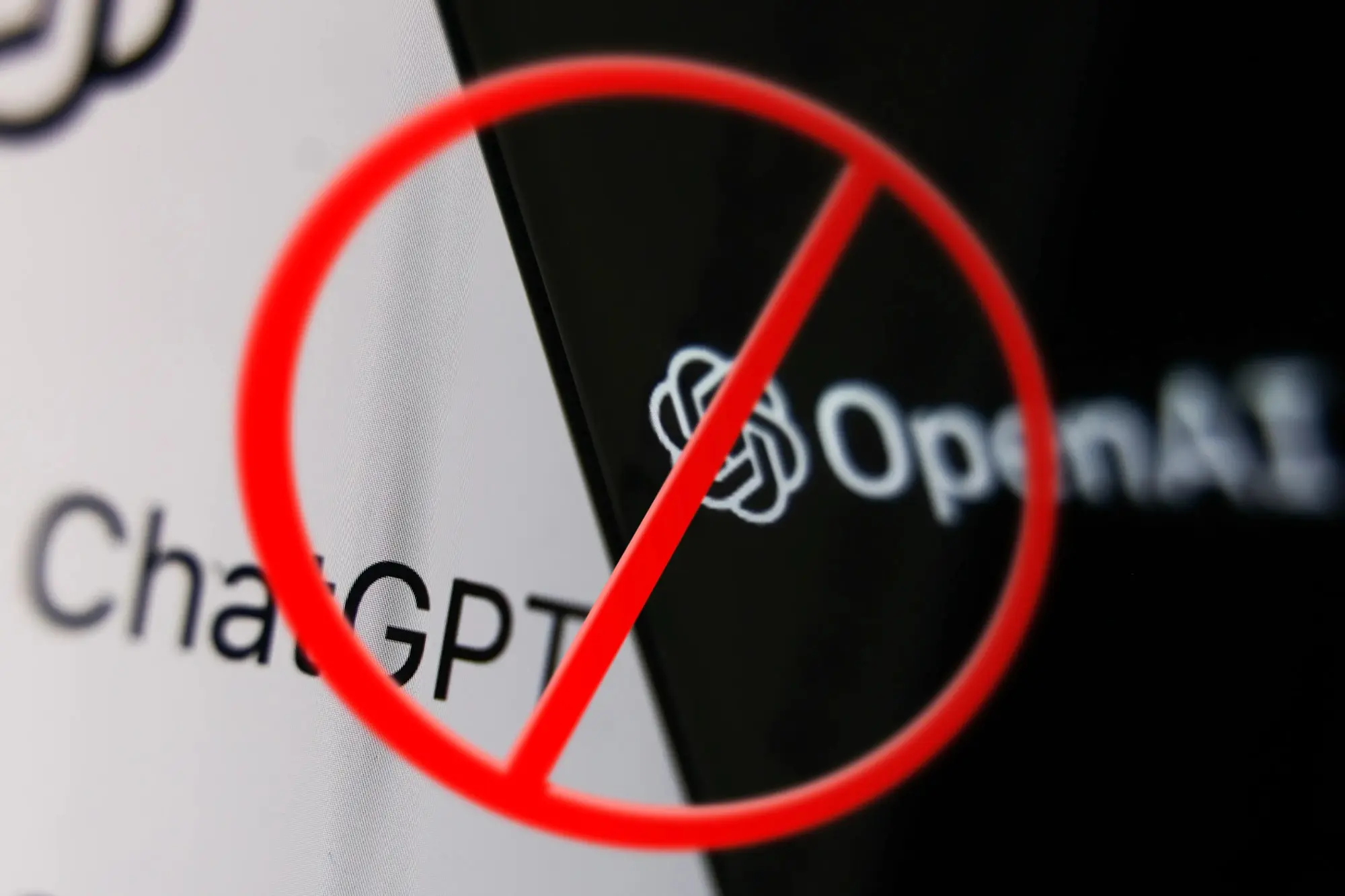Why You Shouldn’t Rely On ChatGPT In Business
Why you shouldn’t rely on ChatGPT in business. ChatGPT, an AI-powered language model, has revolutionized content creation by providing instant assistance in writing. However, businesses should exercise restraint when using ChatGPT for content creation. Let’s explore the negative impact of using ChatGPT for blogs and other content, we’ll highlight the importance of human participation and the limits of AI.
Lack Of Contextual Interpretation
ChatGPT lacks the ability to fully understand context and output creativity, which can result in impressions or misunderstandings in the content it creates. It may struggle with detailed topics, industry-specific lingo, or understanding the branded voice or tone of a business. Relying solely on AI-generated content can lead to errors, misrepresentations, and a lack of alignment with the brand’s identity and values.
Limited Creativity And Originality
While ChatGPT can produce coherent content, it lacks true creativity and originality. ChatGPT primarily relies on patterns and examples from its training data, which can lead to recycled or generic content. Businesses aiming to stand out and offer one-of-a-kind perspectives may find that ChatGPT falls short in creating the desired level of creative and innovative content.
 Inconsistencies In Quality
Inconsistencies In Quality
ChatGPT’s output is not steadily reliable in terms of quality. While it can generate impressive content in some instances, it is prone to occasional inaccuracies, inconsistencies, or illogical outputs. Relying solely on AI-generated content risks compromising the overall quality and credibility of the material, which can negatively impact a business’s reputation and customer perception. It can also lead to a demotion in the eyes of the almighty Google.
Lack Of Emotional Intelligence
ChatGPT lacks emotional intelligence, making it challenging for ChatGPT to effectively capture and relay human emotions. This restriction can be predominantly problematic in businesses that require a high level of empathy, such as healthcare, customer support, or creative writing. Failing to empathize with the targeted audience can result in detached and impersonal content that fails to speak to readers on an emotional level.
Legal And Ethical Concerns
Using ChatGPT for content creation raises potential legal and ethical issues. The responsibility for ensuring compliance with copyright laws, avoiding plagiarism, and maintaining accurate and trustworthy information lies with the business. ChatGPT’s reliance on training data from various sources may inadvertently lead to violations or copyright infringements if not carefully reviewed and verified by human editors.
 Finding The Right Balance: Human Involvement And AI Assistance
Finding The Right Balance: Human Involvement And AI Assistance
While ChatGPT and similar AI tools offer appreciated support, businesses should prioritize human involvement in the content creation process. To optimize the use of AI-generated content in business, certain practices should be followed.
Firstly, assign human editors to review and refine the content generated by AI, ensuring accuracy, consistent quality, and alignment with the brand’s voice and tone.
Second, provide clear input and guidelines to increase the AI model’s contextual understanding, allowing it to generate content that is more relevant to the business’s goals and values.
Third, modify and train the AI model according to specific industry requirements, fine-tuning it with appropriate data to improve accuracy for the business’s forte. Encourage collaboration between human writers and ChatGPT to add creativity and originality to the content, as human writers can offer creative perspectives and enhance the material with personal experiences and insights. Lastly, ensure legal and ethical compliance by having human editors review and verify the content to reduce risks such as copyright infringements, maintaining accuracy, and upholding ethical standards.
ChatGPT Is A Tool
While ChatGPT and similar AI models have their advantages in content creation, relying solely on them for business content can have a negative impact. Limitations in contextual understanding, creativity, quality consistency, emotional intelligence, and legal compliance call for a balanced approach that combines human assistance and AI-generated content. By finding the right balance, businesses can harness the benefits of AI while keeping the necessary human touch and expertise needed for creating convincing and original content.





